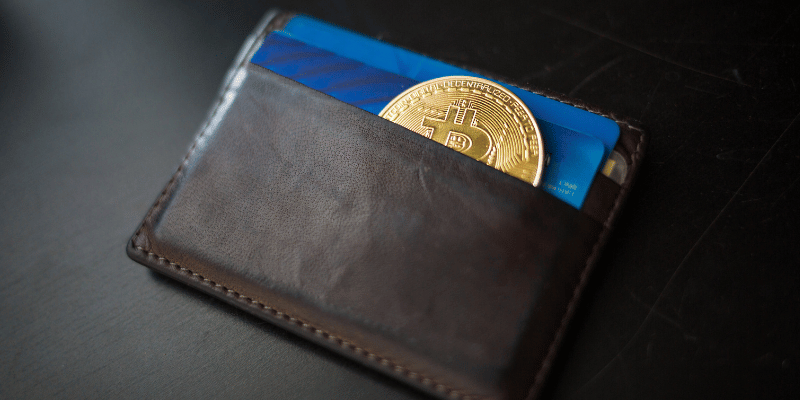
Wondering what a crypto card is? In an era where digital payments are becoming the norm, the emergence of crypto cards marks a significant milestone in the financial landscape. These innovative cards offer a seamless bridge between the world of cryptocurrencies and everyday transactions, revolutionizing how we think about spending and digital currency.
Understanding Crypto Cards
A crypto card is a type of payment card that allows users to spend their cryptocurrency holdings just as they would with a traditional credit card. It represents a fusion of digital currency flexibility with the widespread acceptance of credit cards.
How Crypto Cards Differ from Traditional Credit Cards
Unlike conventional credit cards, which are tied to a bank account and fiat currency, crypto cards are linked to a cryptocurrency wallet. This fundamental difference alters the way transactions are processed and offers unique advantages and challenges.
Types of Crypto Cards
Debit Crypto Cards
These cards are directly linked to a user’s cryptocurrency wallet, allowing for the immediate conversion of crypto to fiat currency at the point of sale.
Credit Crypto Cards
Similar to traditional credit cards, these offer a line of credit to the user. However, the credit line is often determined by the user’s cryptocurrency holdings.
Prepaid Crypto Cards
Users can load prepaid crypto cards with a fixed amount of cryptocurrency, which is then available for use like a conventional prepaid card.
How Crypto Cards Work
When a user makes a purchase with a crypto card, the card converts the necessary amount of cryptocurrency into fiat currency, facilitating the transaction with the merchant.
This process is typically handled by the card provider in real-time, ensuring a smooth transaction experience for both the user and the merchant.
Benefits of Using a Crypto Card
One of the primary advantages of crypto cards is their ease of use. They function much like any other debit or credit card, making them accessible to anyone familiar with card payments. This ease of use bridges the gap between complex cryptocurrency management and everyday transactions.
Crypto cards are often powered by major card networks like Visa or Mastercard, ensuring widespread acceptance. This means they can be used at any merchant that accepts these networks, just like a traditional debit or credit card. The merchant receives the payment in their local currency, even though the original source was cryptocurrency. This widespread acceptance is a significant step towards the mainstream adoption of cryptocurrencies.
For individuals in regions with limited access to traditional banking, crypto cards can offer a form of financial inclusion. By using cryptocurrencies and a crypto card, these individuals can participate in global e-commerce and other financial activities that might otherwise be inaccessible.
The Future of Crypto Cards
The future of crypto cards is closely tied to advancements in blockchain and payment technologies. As blockchain technologies evolve, we can expect increased transaction speeds and enhanced security protocols. These advancements could help boost the efficiency of crypto cards while potentially reducing the costs associated with their use. Additionally, new forms of tokenization and smart contracts might further change how crypto cards are used for payments and transfers.
Integration with Traditional Financial Systems
Another significant development is the increasing integration of crypto cards into the traditional financial system. This could mean that, in the future, crypto cards might be accepted and even issued by larger banks and financial institutions. Such integration would further enhance the credibility and acceptance of crypto cards as legitimate payment methods.
Market Trends and Consumer Behavior
The adoption and popularity of crypto cards will also be heavily influenced by market trends and consumer behavior. With growing interest in cryptocurrencies and an increasing digitization of finance, crypto cards could become a preferred option for a broader user base. Particularly in countries where access to traditional banking services is limited, crypto cards could play a significant role.
Conclusion
In summary, crypto cards not only provide a practical way to use digital currencies for everyday transactions but also come with a host of benefits that can enhance the user’s financial experience.
More insights
Video: Mountain Wolf Travel Club – Travel with crypto, get cashback
Hello, friends! I'm Monty, and today I'm taking you on an exciting journey with the Mountain Wolf Travel...
What is Regenerative Finance (ReFi)?
Regenerative Finance, or ReFi, represents a new paradigm in the financial world, blending the innovative...
Video: How do I connect my Virtual Crypto Card with Google Wallet? – Mountain Wolf
Here I show you how to connect your Virtual Crypto Card with Google Wallet. Open the Google Wallet app on...




